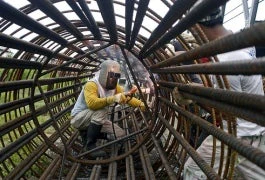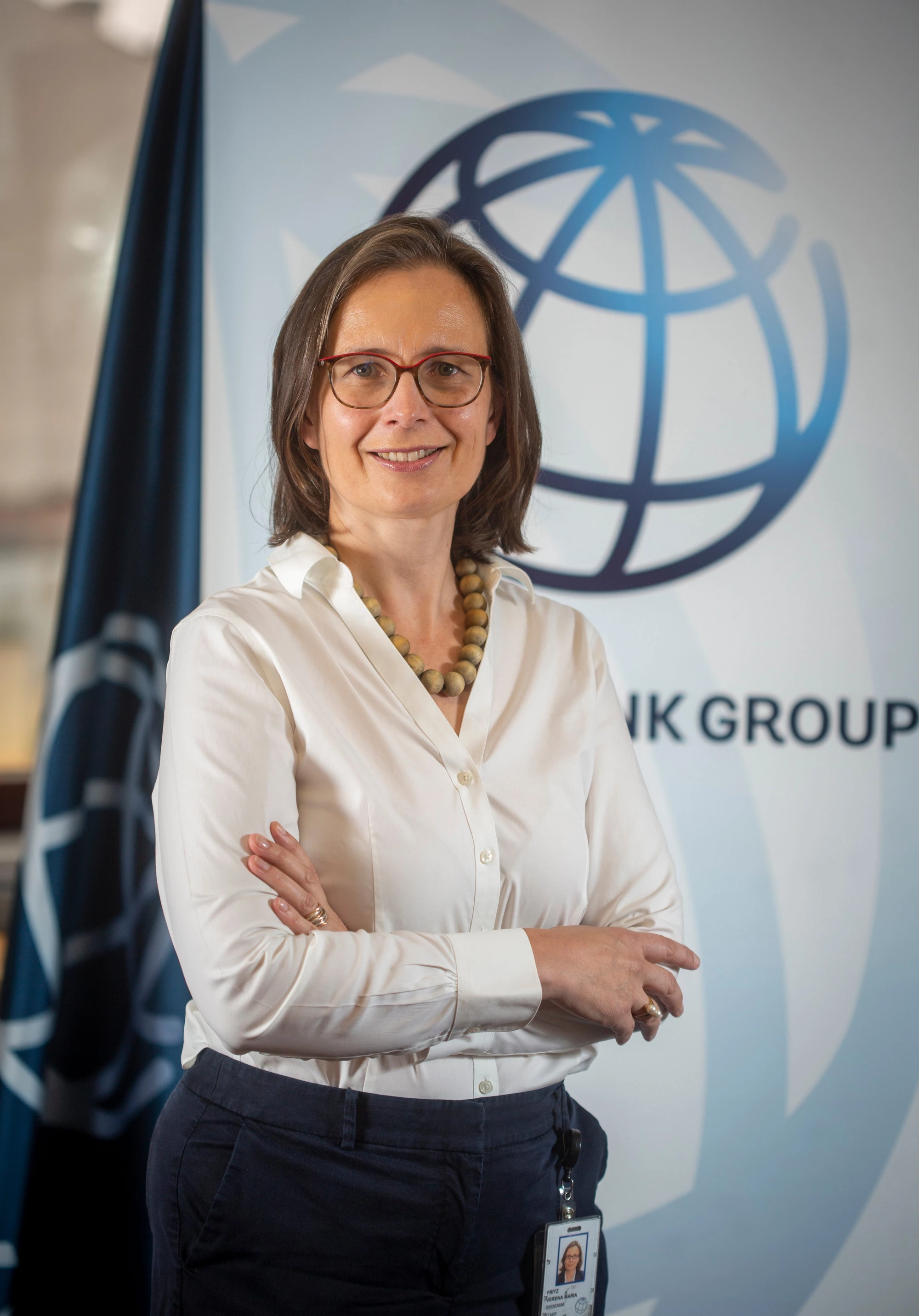
A chain of insights drives the growing interest in political economy analysis: First, there is the fact that reforms often fail even when solutions that would improve public welfare are available. Abolishing fuel subsidies in Nigeria is proving hard, even though the subsidy regime is both inefficient and unfair for the vast majority of poorer citizens.
Second, in order to improve the likelihood of adopting good policies–be it reforming subsidy regimes, improving road maintenance and school management, or better regulating the financial sectors–better governance is needed. This requires that politicians should become less self-serving and more focused on the provision of public goods.
A third insight–that has become increasingly apparent over the past decade–is that improvements in governance are difficult to achieve. Turkeys do not vote for Thanksgiving–and most politicians do not wish to, or simply cannot, change the systems that bring them to power. In many places, these political systems require constant greasing, while also offering opportunities for significant private gain.
So what can political economy analysis possibly contribute to addressing such deep-seated challenges? In a nutshell, political economy perspectives can help us develop greater clarity about the forces promoting and impeding better development outcomes and to focus on what smart contributions could be made to strengthen existing or potential drivers of progress–in short, to adopt more of a ‘jiu-jitsu approach’ to change.
The World Bank today faces a set of challenges. In a majority of countries, the relative importance of our lending is shrinking. We are looking for renewed relevance as a provider of knowledge and an institution with substantial convening power. At the same time, the development challenges that our client countries face continue to be significant, while changing in nature and scope.
Governments–and the political and economic elite that sustain them–need to generate more and better employment and prepare for more severe impacts of climate change. Long-standing problems such as poverty, rural underdevelopment, or limited progress in education and health continue to exist. Hence, there is an urgent need for an effective World Bank—but our financial firepower is diminishing relative to other flows.
What we need to rise to this challenge is a jiu jitsu approach that implies working in smart ways with existing political economy dynamics. We must focus on reinforcing the positive ‘drivers of change’ that exist. Can we leverage the desire for politicians to show progress ahead of the next election? Can we help citizens monitor whether politicians keep their own promises after elections? Are we able to broker compromises between vested interests and upstart entrepreneurs to improve regulatory environments and infrastructure bit by bit? Can we become more serious about taking public opinion and citizens’ concerns into account in calibrating and communicating reforms—so that we are able to reinforce the demand for change, rather than triggering anti-reform protests?
Political economy perspectives enable us to scan country and sector environments for opportunities to leverage existing positive drivers of change–as well as to make realistic estimations of the risks and challenges involved. This implies taking the incentives of individuals and of groups more seriously–rather than thinking about reforms predominantly from a public welfare perspective.
The implications of political economy work may not always be comfortable, and the analytic understanding of political economy drivers must be followed up by actually doing things differently. But such a perspective is precisely the crucial first step in making aid–provided by the Bank as well as by other international development agencies–more effective in an increasingly challenging and complex environment.
Political economy perspectives can help to calibrate where best to apply the Bank’s strengths–technical knowledge, convening power, and financing–and identify how to work towards strengthening both the supply of and the demand for better governance and governments. Over the past few years, we have started to learn how to use political economy analysis in an operationally targeted way to improve development effectiveness. During this time, the Bank’s Philippines and Zambia country teams have made some of the strongest uses of political economy analysis to inform their programming, operations, and policy dialogue. Given the significant global and local challenges that we are up against, we should continue honing and deploying this skill.
Some useful links:
World Bank Governance and Anti-Corruption Portal - Political Economy
Governance and Social Development Resource Center - Political Economy Analysis
The Policy Practice - Political Economy Analysis Selcted Readings


Join the Conversation